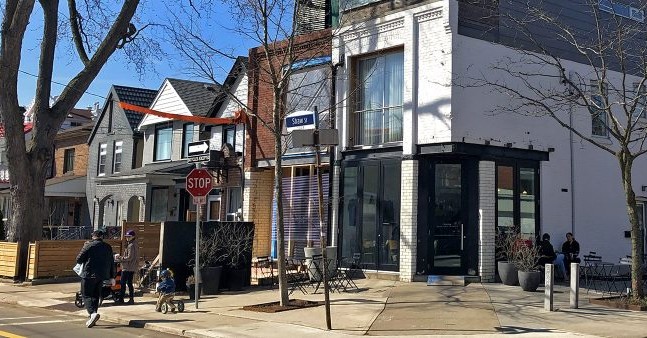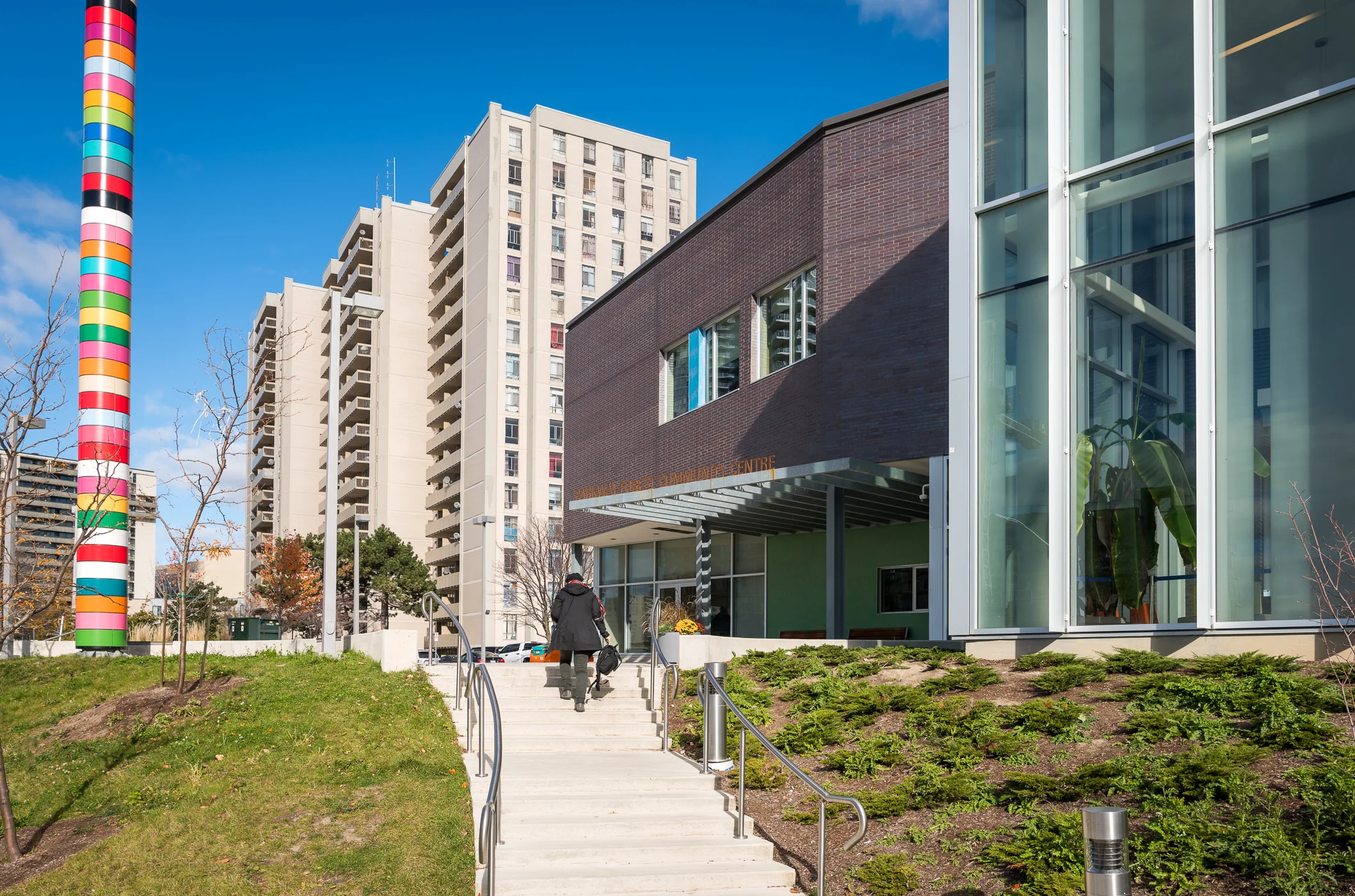FoNTRA expresses concern about the planning rationale for amending the Official Plan to permit neighbourhood retail stores
FoNTRA does not object in principle to the proposed OPA; however, we are skeptical about its feasibility and practicality. In a retail universe that satisfies consumers’ desires for both shopping convenience (via on-line and next day (or less) delivery), and bulk shopping at megastores like COSTCO, it is questionable whether there is any longer a desire and consequently an adequate market for new local neighbourhoods services, or whether this is a planners’ dream throwback to a simpler time.






